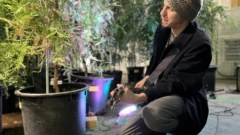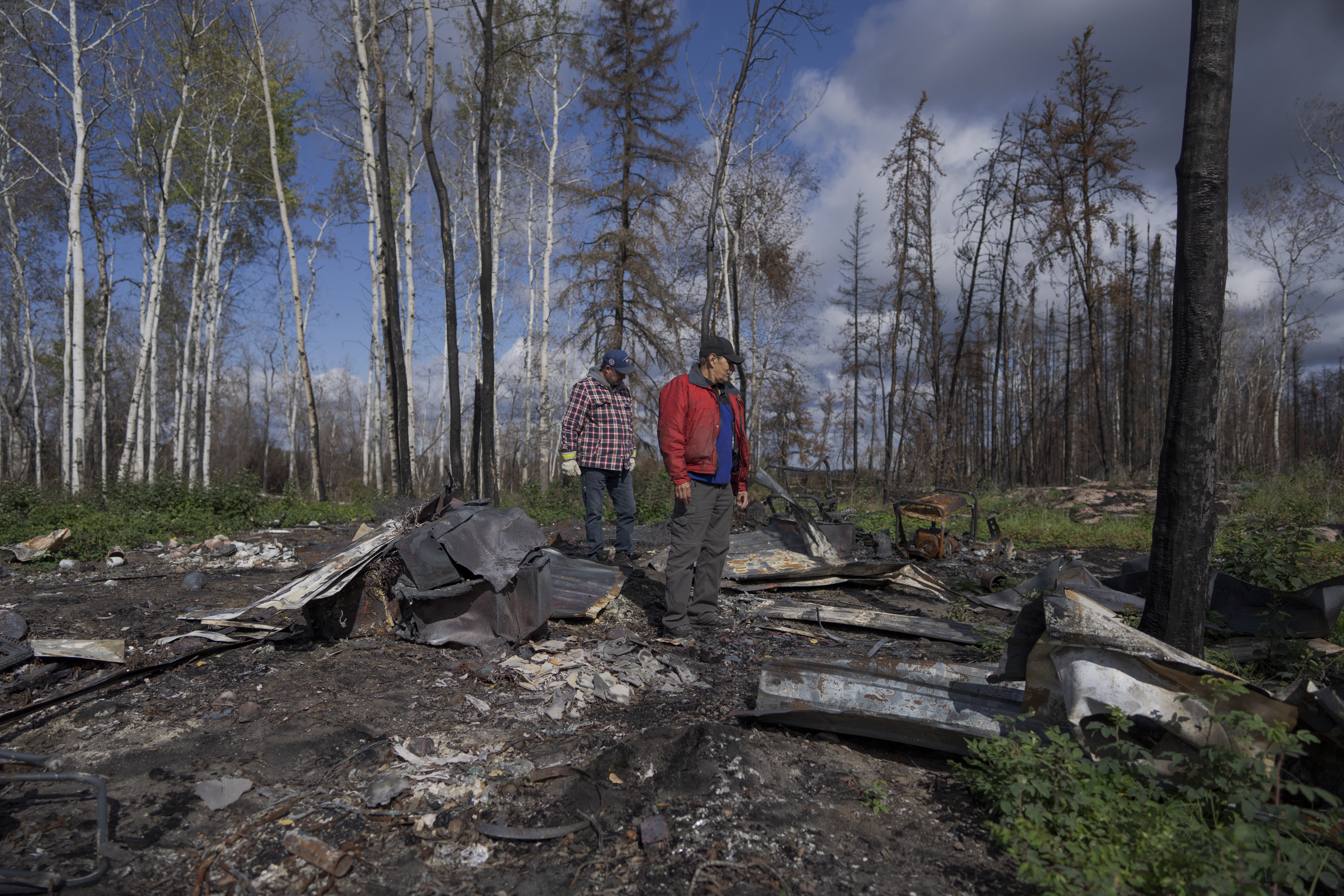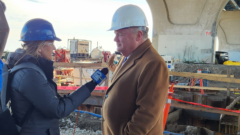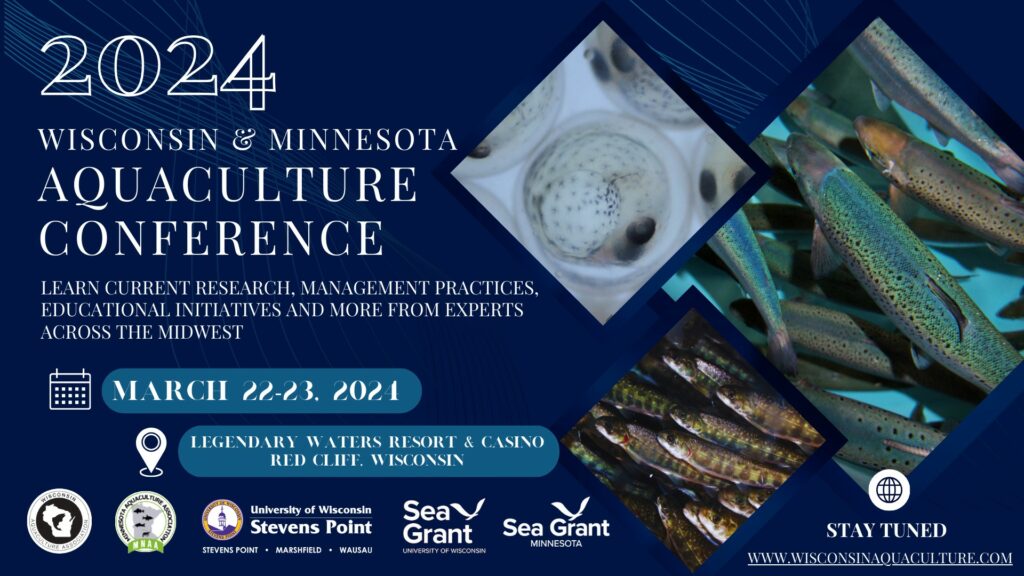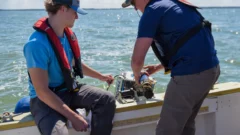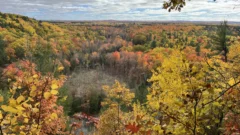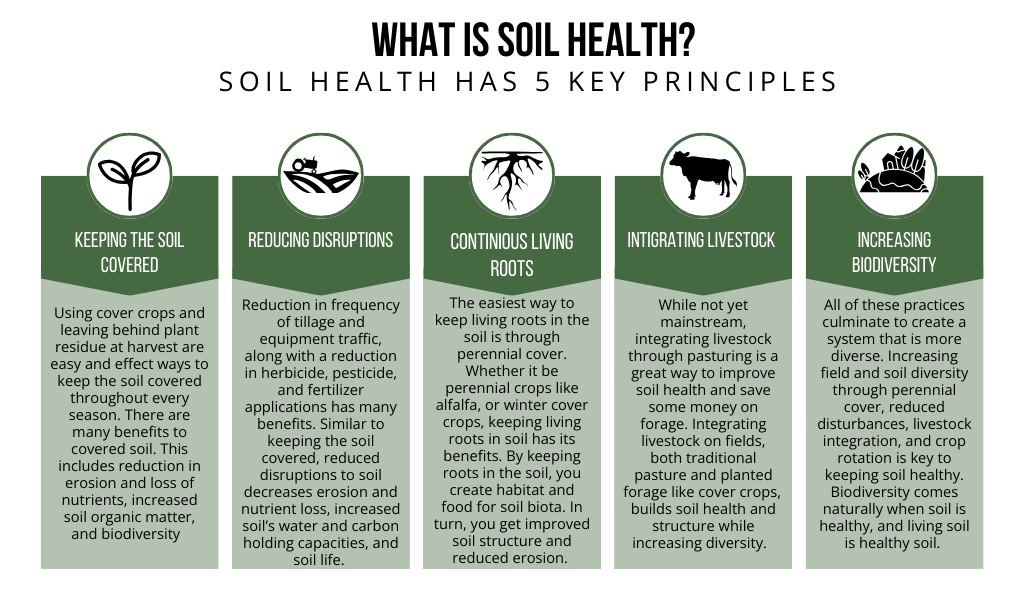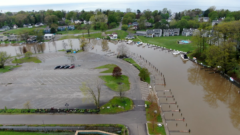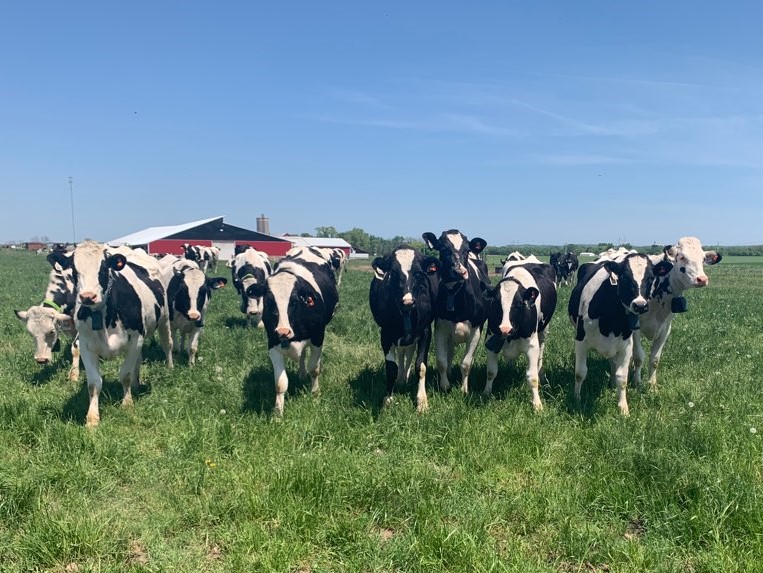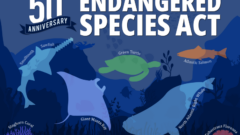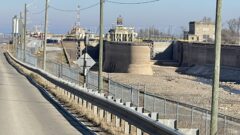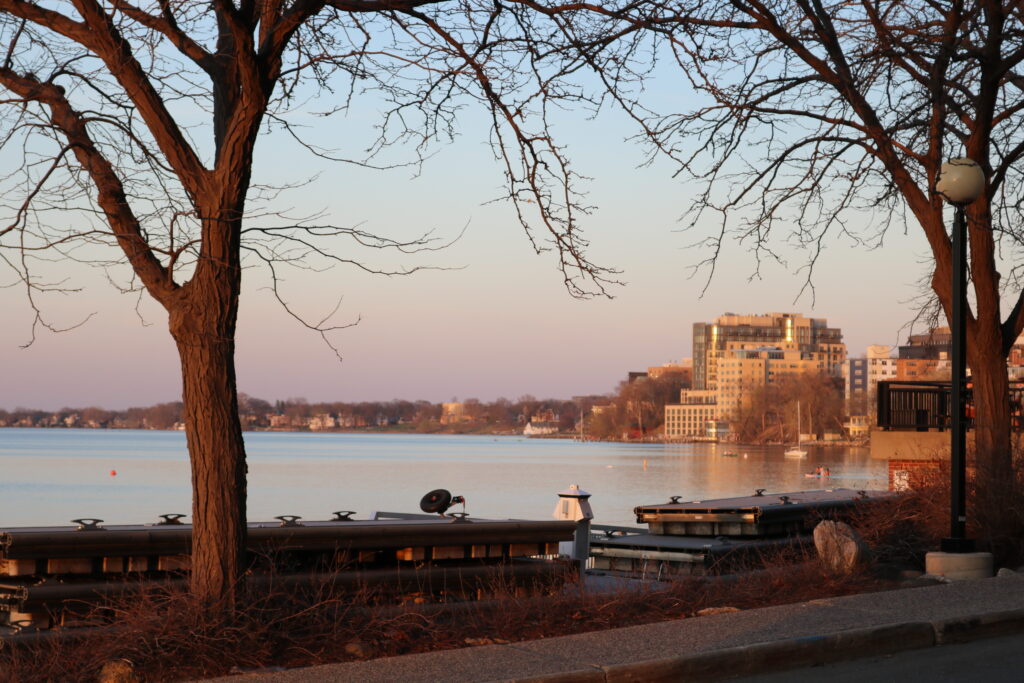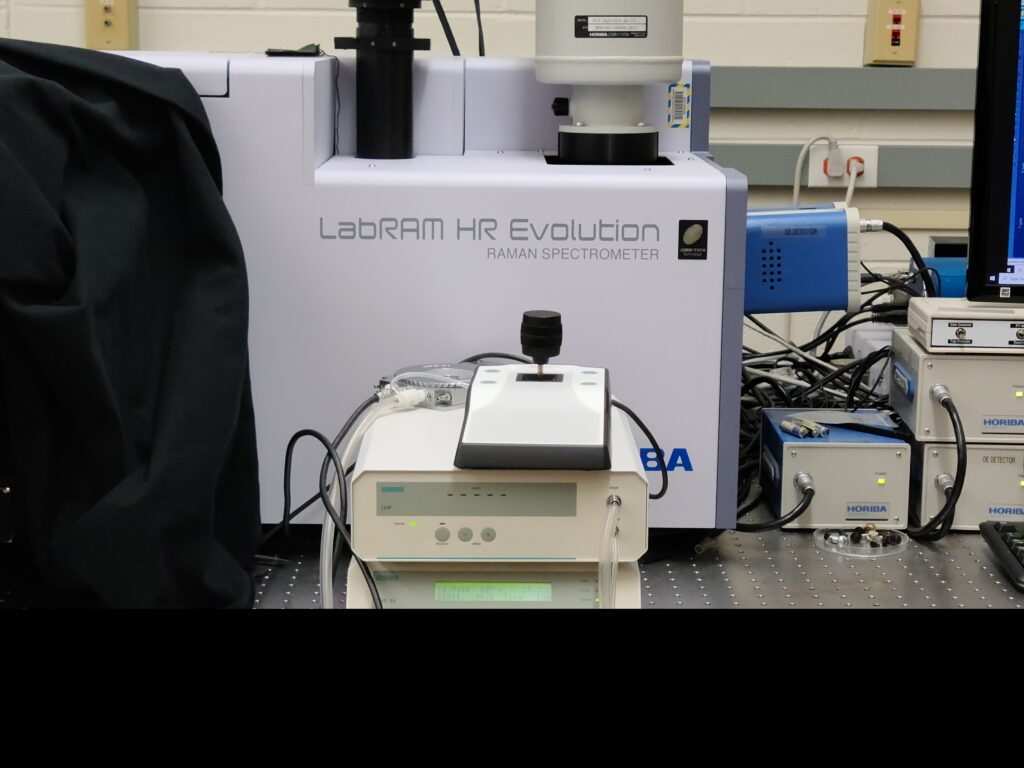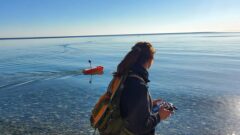COMMENTARY: DNR agrees to move toward commercial take of lake trout in Lake Michigan
The Wisconsin Department of Natural Resources (DNR) announced it is proceeding with the process to allow commercial fishing for lake trout in Lake Michigan. The DNR’s decision to give a “yes” in principle to commercial take of lake trout in Lake Michigan is a significant change for Wisconsin fisheries management. Read the full story by the Milwaukee Journal Sentinel.
Great Lakes Commission
https://www.glc.org/dailynews/20231110-commercial-trout-take

